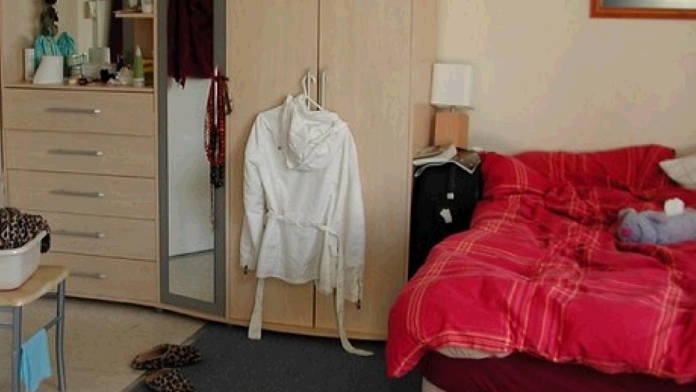New data from London Councils reveals that boroughs’ monthly spending on temporary accommodation for homeless households grew by almost 40% last year – reaching £90 million a month.
Skyrocketing rates of homelessness and a severe shortage of affordable accommodation have put major strain on boroughs’ budgets, with London Councils labelling this a “critical danger” to their financial stability.
Ahead of next week’s Budget, the cross-party group is calling for more government support to help councils meet these costs and reduce the risk of requiring a Section 114 notice – effectively declaring bankruptcy.
A top priority is for ministers to lift the “unfair” cap on the money boroughs can receive from the government to subsidise their temporary accommodation spending, which is currently tied to 2011 benefit rates no longer reflecting temporary accommodation costs.
London’s worsening homelessness situation has been a long-term trend. Since 2010, the number of London households in temporary accommodation has almost doubled – from 36,000 in March 2010 to 63,000 according to London Councils’ latest data (for September 2023).
If the £90m monthly spending continues this would mean more than £1 billion being spent annually on temporary accommodation for homeless Londoners. Although boroughs receive government funding to cover some of their costs, this is insufficient and boroughs are forecast to overspend on their homelessness budgets this year by at least £150m.
Cllr Darren Rodwell, London Councils’ Executive Member for Regeneration, Housing & Planning said: “Homelessness has a devastating impact on individuals and families, while also bringing massive and unsustainable costs to boroughs’ budgets.
“Boroughs work hard to house homeless Londoners. However, London’s ballooning temporary accommodation bill is a critical danger to boroughs’ financial stability. If things go on the way they are, it’s no exaggeration to say these enormous costs pose a bankruptcy risk.
“We’re urging ministers to boost funding support for boroughs grappling with a worsening homelessness crisis. Ending the unfair cap on housing benefit subsidy rates for temporary accommodation would relieve much of the pressure on boroughs’ resources, helping us balance the books while providing homelessness support to everyone who needs it.”





